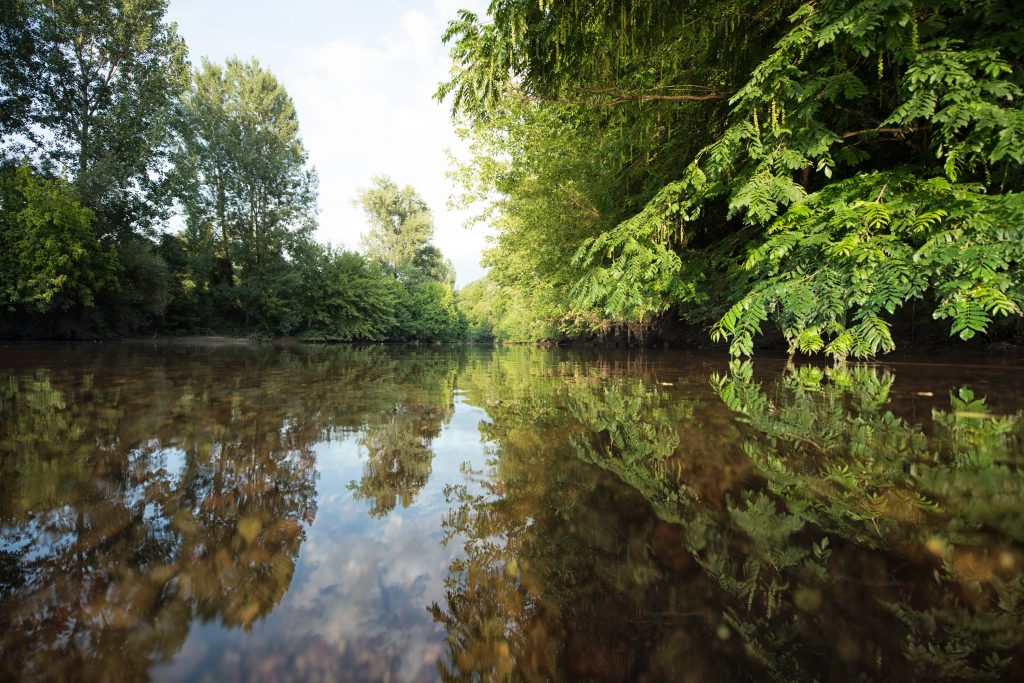Watercourses: The rights and responsibilities of a riparian owner

Watercourses: The rights and responsibilities of a riparian owner
As the risk of flooding becomes an increasingly real (and well documented) problem for English landowners, this article looks at several legal issues relevant to “riparian owners” – that is, owners of land with a watercourse (such as a stream, river or brook) running through it.
Rights of Riparian Owners
Generally, a riparian owner has the right to repair and maintain a watercourse in order to safeguard its property from flooding or erosion.
However, such works commonly require a permit or prior consent – indeed, planning permission could be necessary for more major works (such as alterations to a natural or artificial flood defence). In these circumstances, the riparian owner must be ensure that all terms of the permit or permission are fully complied with.
A riparian owner is also entitled to remove blockages from a watercourse that reduce the watercourse’s flow or risk flooding to another person’s land. However, such work must not exceed what is necessary to allow the watercourse to run according to its usual flow. Equally, riparian owners must be careful to ensure that any proposed works to a watercourse will not have an adverse impact on a neighbouring landowner, as any resulting damage might provoke legal action. Additionally, where, for example, the blockage is caused by overhanging branches, the riparian owner must investigate whether the tree is subject to a tree preservation order.
A riparian owner has the right to discharge into a watercourse, but such a right might be restricted depending on the substance being discharged. It may therefore be necessary for a riparian owner to obtain a consent from the relevant authority (or, if applicable, register an exemption) before discharging into a watercourse. Polluting (or potentially polluting) substances can only be discharged with a permit.
Responsibilities of Riparian Owners
Riparian owners are responsible for:
- Preventing pollution: unlawfully discharging a polluting substance is a criminal offence.
- Protecting wildlife: disturbing or damaging local habitats, protected species or nesting birds could result in prosecution.
Conclusion
In light of the above, we advise that (at the very least) a riparian owner take the following steps before undertaking work to a watercourse:
- Assess the nature and location of the watercourse;
- Investigate who owns the watercourse;
- Determine what works needs to be done and whether a licence or permission is required;
- Decide when the works need to be carried out and by whom (a contractor?); and
- Determine whether an (eg. ecological) survey should be undertaken.
Once these steps have been followed, it may be necessary to contact the relevant authority (for example, the Environment Agency or local authority) before works commence.
Contact our Real Estate Dispute Resolution team today
If you would like to discuss any issue relating to this blog, please do not hesitate to contact a member of the Real Estate Dispute Resolution Team on 01895 207835 or 01895 207295, or email us at propertydisputes@ibblaw.co.uk
